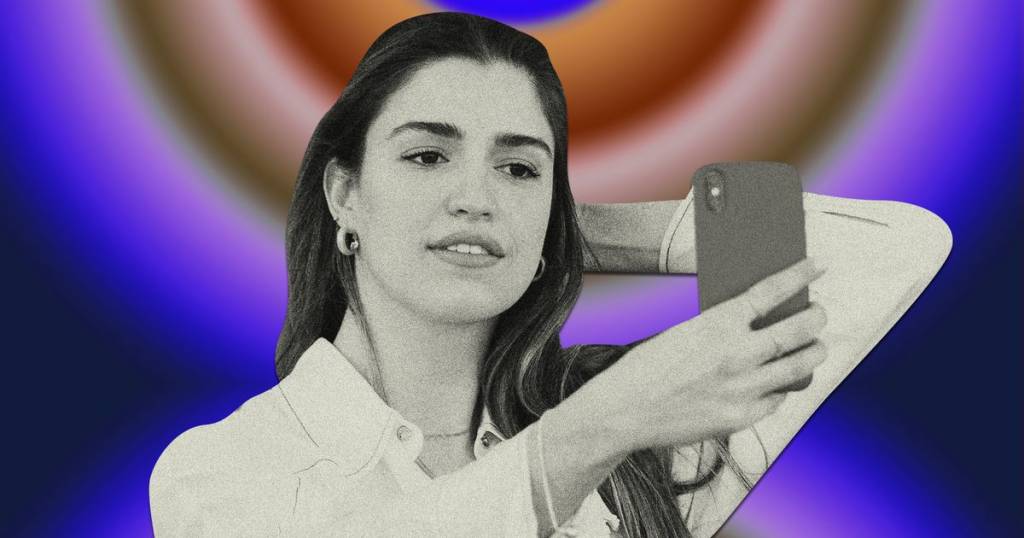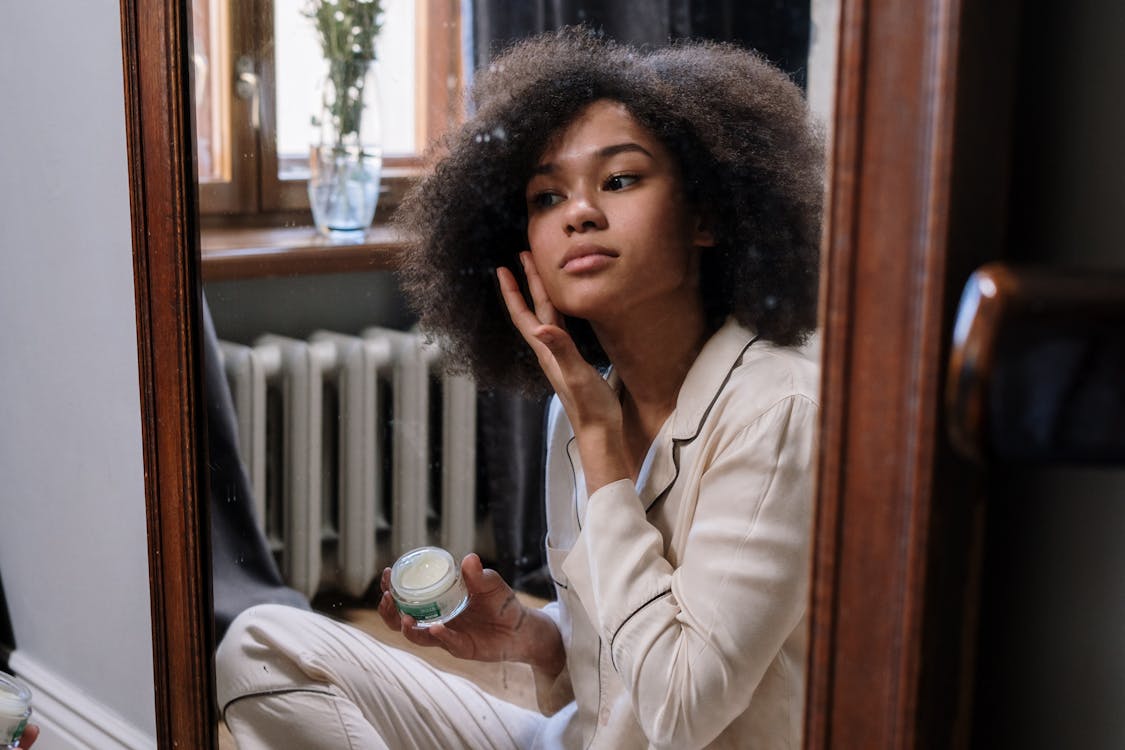Beauty Tips FREE Professional Courses
Are Beauty Filters Actually That Bad For My Mental Health?
Discover the impact of beauty filters on mental health! This article explores whether these filters do more harm than good. Get insights, FAQs, and a conclusion on the effects of beauty filters on your well-being.
Introduction
In the age of social media, using a beauty filter has gained immense popularity, allowing users to enhance their images with flawless skin, perfect features, and an overall polished appearance.
Beauty Tips FREE Professional Courses
These digital tools enable us to present ourselves in ways that were once reserved for professional photography. However, as their usage becomes increasingly prevalent, concerns have arisen about the potential impact these filters may have on our mental health.
Are beauty filters truly as harmless as they seem, or could they contribute to negative effects on our well-being?
In this article, we delve into the question, “Are Beauty Filters Actually That Bad For My Mental Health?” We explore the potential consequences these filters may have on individuals and discuss the importance of maintaining a balanced perspective. Let’s examine the subject from multiple angles and gain a deeper understanding of the impact beauty filters can have on our mental well-being.
The Allure
In today’s visual-centric society, it’s impossible to ignore the allure of beauty filters. They offer a quick and convenient solution for enhancing our appearance in a digital world where aesthetics hold significant value.
With a tap of a button, we can erase imperfections, smooth out our skin, and even change our facial proportions. It’s no wonder that many individuals find themselves drawn to the captivating possibilities beauty filters provide.
The Potential Consequences
While beauty filters may seem harmless at first glance, research suggests that their excessive use could have certain negative consequences for our mental health. Here are some potential effects to consider:
1. Unrealistic Standards: Beauty filters create a distorted perception of beauty by presenting flawless and idealized versions of ourselves. Constant exposure to these filtered images can lead to unrealistic standards of beauty and put pressure on individuals to conform to an unattainable ideal.
2. Self-Esteem and Body Image Issues: When comparing our unfiltered selves to the images enhanced by beauty filters, it’s easy to develop feelings of inadequacy and dissatisfaction. This can contribute to a decline in self-esteem and exacerbate body image issues, potentially leading to anxiety, depression, or eating disorders.
3. Dependency and Perception of Self-Worth: Frequent usage of beauty filters can make individuals overly reliant on digital alterations to feel attractive and presentable. This reliance can negatively impact one’s perception of their true beauty and diminish self-worth outside the realm of filtered images.
4. Impaired Authenticity: Beauty filters encourage users to present an altered version of themselves, which may compromise authenticity. Constantly projecting an artificially enhanced image can create a sense of disconnection from our true selves, hindering genuine connections and fostering feelings of inadequacy when faced with the reality of our unfiltered appearance.
Setting Realistic Expectations
While the potential consequences of beauty filters are worth considering, it’s crucial to approach their usage with a balanced perspective. Here are some tips for setting realistic expectations:
1. Mindful Use: Be conscious of how frequently you rely on beauty filters and examine why you feel the need to use them. Consider using them sparingly for special occasions rather than as a daily necessity.
2. Embrace Imperfections: Recognize that imperfections are a natural part of being human. Embracing your unique features can help improve self-acceptance and promote a healthier body image.
3. Diversify Your Social Media Feed: Actively curate your social media feed to include diverse representations of beauty. Follow accounts that emphasize authenticity and promote body positivity to counterbalance the filtered images that dominate many platforms.
4. Seek Offline Validation: Cultivate self-esteem and seek validation from sources that go beyond physical appearance. Engage in activities and pursue relationships that emphasize personal qualities, talents, and accomplishments rather than solely focusing on external beauty.
FAQs: Debunking Myths
Q: Can beauty filters be used without causing harm?
A: Yes, beauty filters can be used in moderation for fun and creative expression without causing significant harm to mental health. The key is to maintain a balanced approach and not become overly reliant on them.
Q: Do beauty filters only affect young individuals?
A: No, beauty filters can impact people of all ages. Although younger individuals may be more susceptible due to the developmental stage of their self-perception, anyone can experience the consequences of unrealistic beauty standards perpetuated by these filters.
Q: Can beauty filters contribute to body dysmorphia?
A: While beauty filters alone may not cause body dysmorphia, they can exacerbate pre-existing tendencies by distorting one’s perception of their appearance. It is crucial to address underlying mental health issues and seek professional help when necessary.
Beauty Filters Conclusion
The impact of beauty filters on mental health is a multifaceted issue. While they offer an easy way to enhance our digital appearance, the potential consequences they carry cannot be ignored. Unrealistic beauty standards, self-esteem issues, dependency, and impaired authenticity are among the potential negative effects.
To maintain a healthy relationship with beauty filters, it is essential to set realistic expectations and use them mindfully. Embracing imperfections, diversifying our social media feeds, and seeking validation beyond physical appearance can help mitigate the potential harm.
Remember, your true beauty extends far beyond the confines of a beauty filter. Let’s embrace our authentic selves and promote a more inclusive and accepting digital culture!
By now, you may have heard about TikTok’s Bold Glamour filter, which manipulates selfie videos in real time, making it look like you’ve gotten brow micro-blading, cheek fillers, and jawline surgery ; removed all your pores, spots, and lines; and put on a full face of makeup. Millions have […]
Click here to view original web page at www.thecut.com
Beauty Tips FREE Professional Courses

